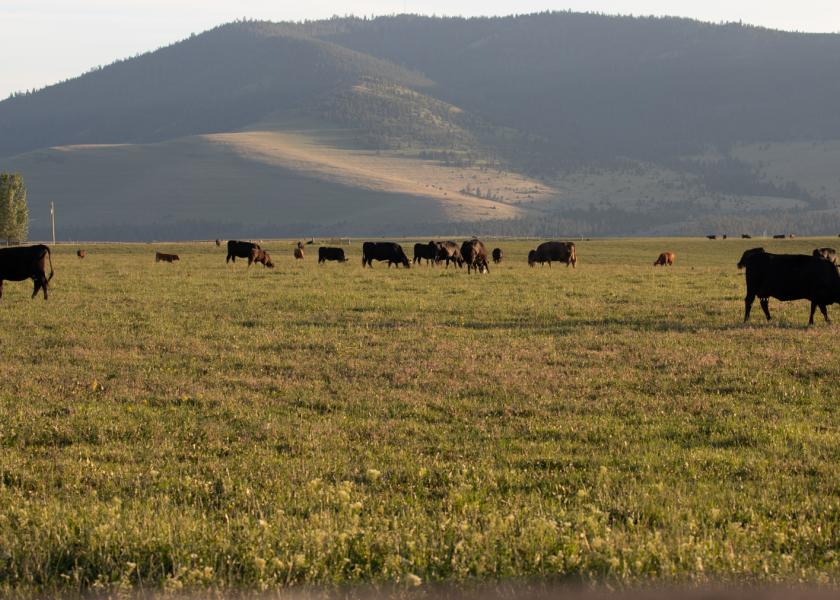Merck Animal Health to Acquire Vence

Merck Animal Health announced it has signed a definitive agreement under which it will acquire Vence from its founders and shareholders. Vence is an innovator in virtual fencing for rotational grazing and livestock management. The acquisition is expected to be completed in the third quarter of 2022, subject to customary closing conditions. Specific terms of the agreement were not disclosed.
Vence, a privately held company, provides enhanced technology for producers and ranchers to track, monitor and manage the movement of cattle through a high-tech platform of virtual fencing solutions. Using a computer or smartphone, customers have the capability to manage cattle movement and facilitate rotational grazing. Vence’s virtual fencing technology can reduce the need for fencing to subdivide pastures and allows producers and ranchers to manage their cattle and grass inventory, while reducing costs of labor and fencing materials.
“The acquisition of Vence will broaden our portfolio with complementary products and technologies to advance animal health and well-being as well as outcomes for our customers,” said Rick DeLuca, president, Merck Animal Health. “Vence is a natural fit with Merck Animal Health’s growing portfolio of animal intelligence products that include identification, traceability and monitoring products. This new technology will give cow-calf producers the ability to track their cattle and the ability to move them from pasture to pasture.”
“I believe that Merck Animal Health is the best long-term home for this technology and our team. Their unparalleled expertise in the livestock space, ability to develop and scale hardware products, high-quality customer support, and a strong global footprint to expand Vence’s market reach make us really excited to join Merck Animal Health,” said Frank Wooten, founder and CEO, Vence.
Vence technology is currently available in the United States and parts of Australia.
About Vence
Vence was founded to improve the affordability and availability of sustainably raised animal protein. We contribute to more sustainable livestock production by enabling producers to better manage their herds, better utilize their land resources, and ultimately improve the production of more than 20% of protein consumed globally. To enable our vision, we utilize connected sensors, artificial intelligence and leading animal behavioral research to help innovate one of societies oldest and most valuable industries.







